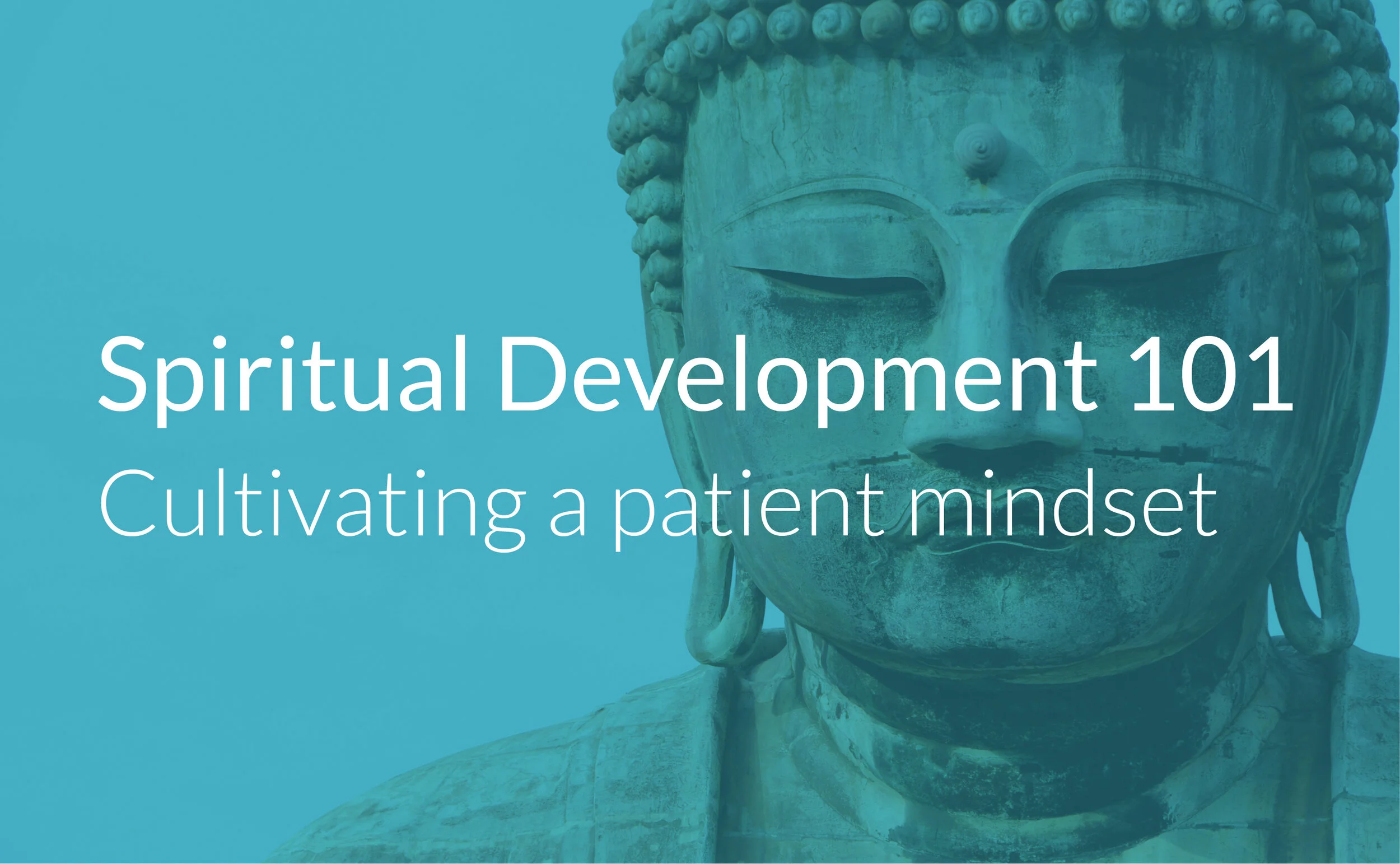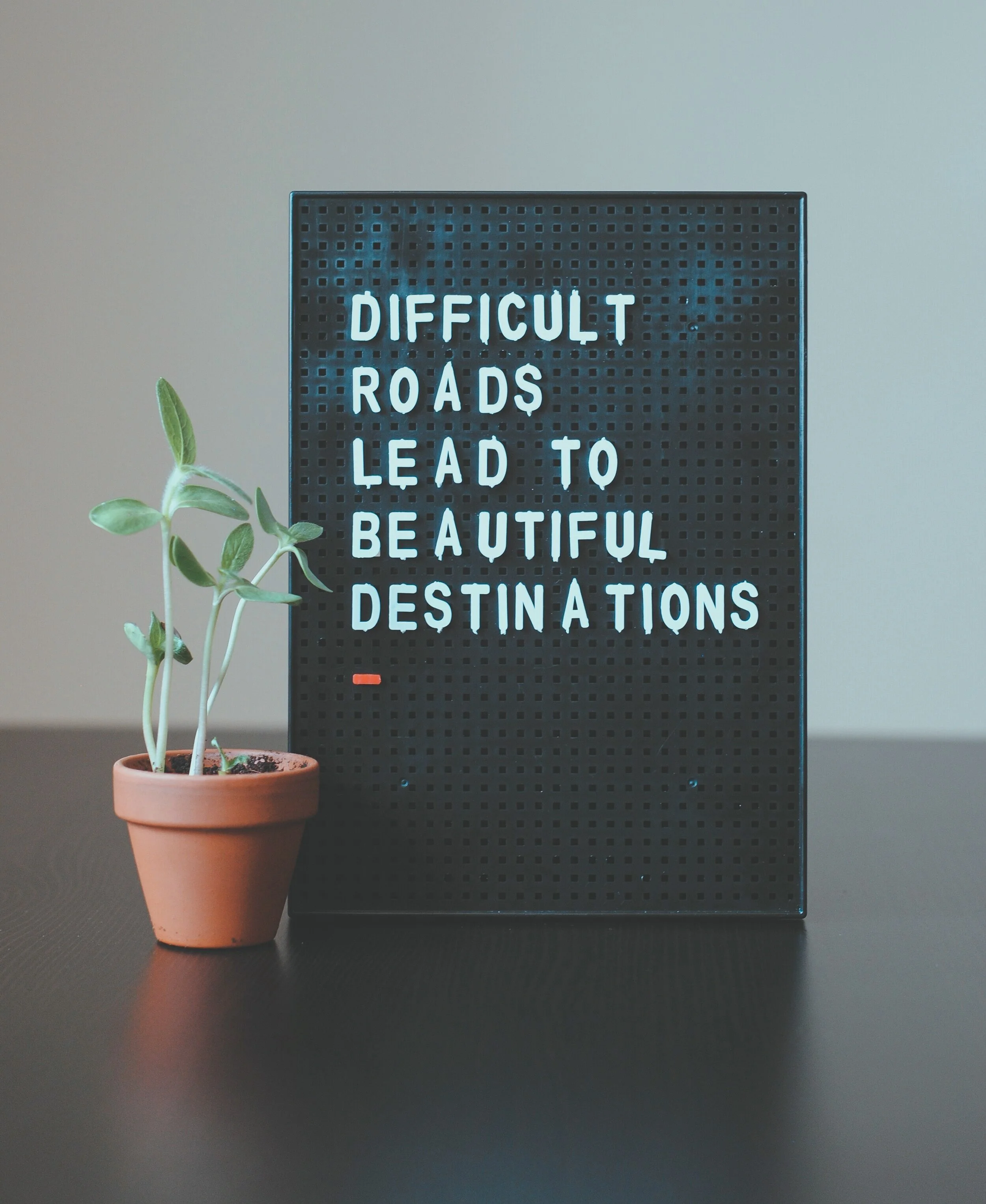Spirituality 101: Cultivating a patient mindset
Our Spirituality 101 series will help you to learn to act with more love on your human journey
In this series of blogs we are taking you, a spiritual being on a human journey to guide you through the many human emotions and provide help and direction on your path. You may find that anger, irritation and frustration lead you to a hasty or flustered response, wishing that you could find more patience to improve how you react to a situation instead of re-creating patterns of self-sabotage.
I recall asking my Spiritual Mentor, John Hodge, many years ago whilst I was facing yet another challenge in life: “how long do I have to be patient for?” His reply was really very simple and at the same time very frustrating: “you have your answer”.
Patience is possibly one of the highest qualities and attributes that we can attain and practice as Spiritual beings living a human existence. Yet this elusive quality has even the best of us defeated. We hear so many phrases in our everyday language which demonstrates this, ranging from ‘my patience is wearing thin’ to ‘I am beginning to lose my patience’ and even ‘you need the patience of a Saint!’ (this was in fact my Grandmother‘s favourite expression when dealing with me as a teenager) The list is truly endless.
Patience is such an influential concept that occurs in our daily lives. Customer service agents thank us for being patient during automated call. When things go wrong, we are asked to be patient whilst they are being sorted out. According to the Oxford Dictionary, patience is not a verb, so we aren’t ‘doing it’, it is a noun, a quality.
“Patience: noun the ability to wait, or to continue doing something despite difficulties, or to suffer without complaining or becoming annoyed. ‘You have to have such a lot of patience when you’re dealing with kids. In the end I lost my patience and shouted at her.’”
There are many references to the idea and concept of patience in holy books:
Ecclesiastes: 9 Do not be quickly provoked in your spirit, for anger resides in the lap of fools.
Many Buddhist teachings focus on letting go of attachment and cultivating patience:
“The practice of patience protects us from losing our composure. In doing that it enables us to exercise discernment, even in the heat of difficult situations. It gives us inner space. And within that space we gain a degree of self control, which allows us to respond to situations in an appropriate and compassionate manner rather than being driven by our anger and irritation.”
Dalai Lama
Why should be bother to be patient? Why not just be impatient like the rest of the world seems to be at the moment?
Have you ever known somebody who is patient? You may find that they are also a calm person; somebody that you may have decided you can confide in because they are calm and balanced and won’t judge you. Remember your driving instructor, aren’t you thankful that they were patient with you when you were learning to drive. Or a partner who was patient and didn’t bite back after you may have snapped at them while being in a bad mood. Even the boss who was patient with you when you first joined the new company and may have made some mistakes.
When we are on the receiving end of this fabulous quality, when somebody is being patient with us, it feels good, we stop feeling judged or under pressure
So how can you cultivate patience in everyday life?
So what exactly do we have to do to cultivate this quality ourselves? To be patient?
1. Being in the moment will help enormously. When you are in line at the checkout and are in a rush and feel that you are becoming agitated which then leads to impatience, take a breath. Simply say, ‘I am in the present moment’. Look around you, observe the array of colours, sounds, people, and experiences.
2. Identify what you are resisting. Observe your mind when you start to become impatient, what is it that the mind won’t accept?
3. Do a body scan, i.e. check in with your body. Ask where tension is building, perhaps in the shoulders, neck, back and hands. Release it.
4. Smile: this is a great antidote to everything, ‘smile and the world smiles with you, cry and you cry alone’. As well as the lovely chemicals that are released into the body, we can only ever smile in the moment, even if the memory recalled is in the past or the thought of an upcoming exciting event is in the future.
5. Learn to respond rather than react. The difference can be a few seconds. The ego reacts, the heart responds.
Patience is also closely connected to love, for: ‘love is patient, love is kind, it is not conceited or proud’. So pause for thought. If you take the time to stop and go through these 5 steps you will give yourself the opportunity to create space and change the outcome of that anger response.



